High oil prices (20% of total merchandise exports) and the removal of OPEC+ cap on oil output will allow hydrocarbon exports to increase by around 5% YoY in 2022. The rise in tourism revenues on the back of Expo 2020 will improve the trade in services surplus during 2022. The high level of vaccination and the removal of all travel restrictions for vaccinated people will allow the country to benefit greatly from international tourist inflows. A downside risk to this outlook relates to the new variants of COVID-19, which would result in a closure of borders. On the other hand, the secondary income deficit should widen because of higher remittances outflows from expatriates.
By mid-2021, the central bank had nearly USD 110 billion in foreign exchange reserves, equivalent to more than five months of imports. Additionally, the country has around USD 700 billion of assets in its sovereign wealth funds. High oil prices will also boost fiscal revenues, 50% of which are generated by hydrocarbons.
Meanwhile, rising private consumption will increase non-hydrocarbon revenues. The global economic recovery will allow the government to benefit from higher investment income from the sovereign wealth fund (estimated at around USD 24 billion in 2022, about 20% of total revenue). Spending is expected to remain the same in 2022 at 59 billion dirham, so that rising revenues will allow the authorities to narrow the fiscal deficit. Much of the work force in the UAE are foreign expatriates - hence the country's population makeup being so diverse, with Emirati citizens being a minority in their own country.
All Emirati citizens receive profit sharing cheques from the government and mostly opt to work in the government sector. Migrant workers from the Indian Subcontinent and the Philippines are mostly employed in the service and construction industries for low wages. Many mid-level jobs are filled by expats and Emirati nationals who work in the private sector, in addition to expats who work in high-skilled and managerial positions and typically enjoy a very good standard of living. If you're interested in working in the UAE there are opportunities in oil and gas, banking, engineering and education. The public school system in Abu Dhabi is hiring a large numbers of English-language teachers from Western countries. These teaching jobs in the UAE are accessible through official recruiters of the Abu Dhabi Education Council.
Messages on social media warn that expressing support for Qatar is a criminal offense punishable with fines or even jail time. "It's a fact of life that today it's very difficult to air criticisms, to talk frankly," I was told by Abdulkhaleq Abdulla, a prominent Emirati political scientist who has been detained for voicing criticism of the government. In the Emirates, much of the censorship is self-imposed, with younger people absorbing a sense that they must be more vigilant against the country's external enemies. One man in his 20s told me he wondered whether the Muslim Brotherhood threat had been exaggerated to help strengthen the state — a suspicion he would never dare to voice in public.
Although free speech is constitutionally protected, individuals who publicly criticise the authorities in the United Arab Emirates are routinely arrested, harassed, tortured and disappear. Prominent academics including Dr. Issa al-Suweidi and Dr. Nasser bin Ghaith have both been convicted and imprisoned as a direct result of their peaceful human rights advocacy and online commentary in support of a freer society. Speaking openly on social media can also have disastrous consequences, as demonstrated by the ten-year prison sentence imposed on Ahmed Abdulla al-Wahdi, who ran a social media account accused of insulting the UAE's leadership.
In May 2015 they sentenced a man to a year in prison after his Facebook post was deemed to have insulted Islam. Restrictions on free speech imposed by the Printing and Publications Law of 1980 have recently been strengthened through amendments in 2012 to the UAE's cyber crime law. Under the revised law, users can be jailed if they post content online which criticises the country or its leaders. The authorities heavily censor and monitor online content and have in the past blocked websites, including that of the Gulf Centre for Human Rights in early 2015.
Operating a civil society organisation in the UAE is extremely difficult. The authorities tightly control the registration and activity of most organisations. Although state funding is available, vaguely defined laws and sweeping powers for officials mean that CSOs cannot undertake public advocacy on most issues.
Participation in CSOs is also limited to Emirati citizens, a rule which effectively discriminates against 90% of the population in the UAE. In practice, most NGOs pursue economic, social and cultural objectives and have close ties to the UAE's ruling families. Designed to increase intimidation, the authorities in the UAE also target family members of prominent critics, including through arrests and travel bans and the revocation of citizenship. Since 2014, people who disagree with the government and express their dissent publicly also face the prospect of being prosecuted as terrorists under repressive new legislation.
The UAE's dependence on oil is a significant long-term challenge, although the UAE is one of the most diversified countries in the Gulf Cooperation Council. Low oil prices have prompted the UAE to cut expenditures, including on some social programs, but the UAE has sufficient assets in its sovereign investment funds to cover its deficits. The government reduced fuel subsidies in August 2015, and introduced excise taxes (50% on sweetened carbonated beverages and 100% on energy drinks and tobacco) in October 2017. A number of well-known commentators have been jailed in recent years for criticizing the authorities, expressing support for dissidents or human rights, or calling for political reform. Leading human rights activist Ahmed Mansoor, who was sentenced to 10 years in prison in 2018 for using social media to "publish false information that damages the country's reputation," was among those who remained behind bars in 2020.
Choice Choice No university in the nation provides as many academic choices as UAEU. Over two dozen prisoners of conscience, including well-known human rights defender Ahmed Mansoor, continued to be detained in the United Arab Emirates . The state continued to restrict freedom of expression, taking measures to silence citizens and residents who expressed critical opinions on COVID-19 and other social and political issues. A number of detainees remained in prison past the completion of their sentences without legal justification. A UK court found that head of government Mohammed bin Rashed Al Maktoum had abducted and detained two of his daughters. Since 2011, the UAE has aggressively cracked down on opposition activists, particularly if they are suspected of belonging to the Association for Reform and Guidance (Al-Islah), a group formed in 1974 to advocate for democratic reform.
The government has accused members of Al-Islah of being foreign agents of the Muslim Brotherhood intent on overthrowing the regime, and designated the Muslim Brotherhood as a terrorist organization in 2014. Qatar's support for the Muslim Brotherhood has been a factor in efforts by the UAE, Saudi Arabia, and their regional allies to isolate that country since 2017. Dozens of activists, civil society leaders, academics, and students remained imprisoned during 2020 as part of the broader crackdown, including the prominent economist Nasser bin Ghaith, lawyer Mohammed al-Roken, and human rights advocate Ahmed Mansoor. The UAE are among the countries having the highest vaccination rate in the world. As of December 2021, nearly 90% of the population had been fully vaccinated. Coupled with the Expo 2020 , the removal of the COVID-related restrictions will allow growth performance to accelerate in 2022.
The Expo 2020's boost to employment will also sustain household spending. Tourism revenues (around 8% of GDP in 2019) could increase by around 8% in 2022 from the previous year to reach USD 33 billion. The withdrawal of OPEC+ production restrictions in 2022 will be the other principal growth driver. After rising by a weak 2% in 2021, the UAE's hydrocarbon production (around 30% of GDP) should increase by nearly 11%. Investments (20% of GDP) will also rise, backed by the economic diversification plan of Abu Dhabi.
The emirate announced plans to invest USD 6 billion over the next five years in cultural and creative industries to reduce its dependence on oil, after around USD 2.5 billion being spent in the past five years. On the other hand, Abu Dhabi National Oil Company launched a five-year USD 122 billion plan to increase its crude oil production that will support both investment and export. The authorities are also making efforts to develop the natural gas industry. In November 2021, ADNOC announced investments worth up to USD 6 billion to enable drilling, boost its oil production to 5 million barrels per day (m/d) by 2030 and reach gas self-sufficiency. The construction sector (9% of GDP) is expected to grow by around 3% in 2022 after collapsing by 10% in 2020 due to the sharp fall in tourism and expatriate population.
The delayed Expo 2020 has helped the construction sector in 2021, but the project pipeline for commercial and residential buildings will be weaker in 2022 as many of the projects have been completed. Nevertheless, projects such as Heart of Europe, Hassyan IWP project and Ruwais expansion will continue to sustain the sector. M.B.Z.'s leading role in this ongoing counterrevolution, as a sort of latter-day Metternich, has changed his country's reputation.
But some Obama officials came to see him as a dangerous rogue actor. By the time Donald Trump was elected — offering him a more pliant partner — M.B.Z. was drawing criticism from human rights groups and diplomats for his military's role in Yemen and Libya. Even some of M.B.Z.'s admirers in diplomatic circles say that he can be too absolutist and that he has waded too deep into conflicts whose outcomes he cannot control. "In exchange for its acceptance that dubious players and monies be based in the country, the UAE merely asks wealthy Africans to stay out of local politics and stay within the boundaries of local law," Soares de Oliveira said. Her research interests include pedagogy, international communications and public relations, as well as the effects of both mass media and new media.
She is a member of the editorial board for a total of 18 peer-reviewed journals. Professor Al-Jenaibi has received 24 local and international awards. Hamdan Bin Rashed Al Maktoum Award for best teacher in the UAE in 2017; the Khalifa Award for best professor in the UAE and Arab region. She has also been the recipient of the Best Teacher Award at UAEU and the H.H.
Additionally, Professor Al-Jenaibi has been judged as an Outstanding Woman Achiever in Mass Communications and Teaching.Other awards include the H.H. Hamdan Bin Mubarak Award for the best employee in a highly specialized jobs . Locally, she has won the UAEU Community Service Employee Prize as well as being the most active professor in terms of publication. This is in line with winning her college's award for research and publishing and the Rashid Award for Academic Excellence. She is founder and voluntary director of the Mubadrah Student Community Engagement Center, which works with 114 local organizations. She is also heavily involved in charity campaigns, fundraising, other exhibitions and in working with local organizations.
One of her initiatives was the 'Let's Read, Volunteer and Innovate' Program. Although there are now foreign nationals living and working all over the UAE, the original expat growth areas were Abu Dhabi and Dubai, and these remain the most expensive places to live. The country's low tax rates mean that the general cost of living is low, with day-to-day essentials such as food and clothing very reasonably priced. However, with space at a premium, accommodation is extremely expensive.
Family costs such as schooling and childcare can also eat into the budget for foreign nationals, particularly in the largest cities. You must have an alcohol permit to purchase alcohol, and with each emirate issuing their own permits this can be a complex process. In Sharjah there is a complete ban, while alcohol laws elsewhere differ slightly between emirates, so ensure you know the local law. Unmarried couples are not allowed to live together in the UAE and sexual relationships outside marriage are illegal.
Homosexuality is also against the law and same sex marriages are not recognised. Authorities have been criticized by international human rights organizations for failure to investigate allegations of torture and mistreatment in custody, including denial of medical care. The Ministry of Education censors textbooks and curriculums in both public and private schools. Islamic education is required in public schools and for Muslims in private schools.
Several foreign universities have opened satellite campuses in the UAE, although faculty members are generally careful to avoid criticizing the government. At least 10 faculty members from New York University have been denied entry to teach or conduct research at NYU's Abu Dhabi campus. Students, staff, and support personnel have also been denied entry.
The UAE authorities have placed scholars and students who have criticized aspects of government policy on a unified Gulf Cooperation Council security list, barring them from the wider region. The five "poorer" emirates depend on the federal government, financed primarily by Abu Dhabi, to bankroll them. These emirates have benefited greatly for the last 40 years from this relationship.
Subsidies — food, electricity, petrol, etc. — are not federal, but local according to the constitution. Abu Dhabi supports about 90 percent of the funds provided to the federal government. The federal government provides for water and electricity in Ras al Khaimah, Fujairah, Ajman and Umm Al Quwain - but not the other emirates. The federal government takes care of education in all emirates, but Abu Dhabi. Residential land plots are the responsibility of individual emirates, but Abu Dhabi and Dubai help out here again with direct grants. This ministry coordinates its programs with the MOEY and is constantly improving its facilities, while at the same time recognizing the customary role of the Islamic family in caring for the disabled.
The percentage of disabled people in the UAE is estimated to be similar to the worldwide average of about 10 percent of the population. Private school syllabi are based on the curricula of their respective national educational systems. These syllabi are to be approved by the appropriate departments at the ministry.
Private schools in which Arabic is not the medium of instruction are to teach Arabic language to non-Arabic speakers. In this context, the Ministry has approved in conjunction with the Educational Bureau for Arab Gulf States the use of particular texts. If the number of Arab students at a private school is less than 20 percent of the total enrollment, Islamic education and social studies may be taught in English using textbooks prepared by the ministry.
Most Islah members were concentrated in the northern emirates, especially Ras al Khaimah, just over an hour's drive north from Dubai. It is less dense than the wealthier cities to the south, with fewer skyscrapers and malls, and it is a little shabbier. In a sense, Islah was expressing its disapproval of the hypercapitalist culture being spawned in the U.A.E.'s biggest cities. Many of its public statements were protests against the bars and prostitution that served the U.A.E.'s growing foreign population. Its spokesmen eventually began promoting democracy and human rights, though those may have been at least partly a convenient way to draw Western sympathy to their cause.
As M.B.Z. grew up, his country was being catapulted from poverty into unimaginable wealth by the discovery of oil. At the same time, political Islam was becoming his generation's great rallying cry. When M.B.Z. was about 14, his father sent him to school in Morocco. Zayed seems to have intended this to be a toughening experience; he gave his son a passport showing a different last name, so that he wouldn't be treated like royalty.
M.B.Z. lived simply in Morocco, and spent several months working as a waiter in a local restaurant. He made his own meals and did his own laundry, and was often lonely. "There'd be a bowl of tabbouleh in the fridge, and I'd keep eating from it day after day until a kind of fungus formed on the top," M.B.Z. told me.
He later spent a summer at Gordonstoun, the Scottish boarding school where generations of British royals and other titled elites have sent their children to endure cold showers and hazing rituals. Prince Charles famously hated the place, but M.B.Z. told me he enjoyed his time there. He went on to spend a year at Sandhurst, the British military academy.








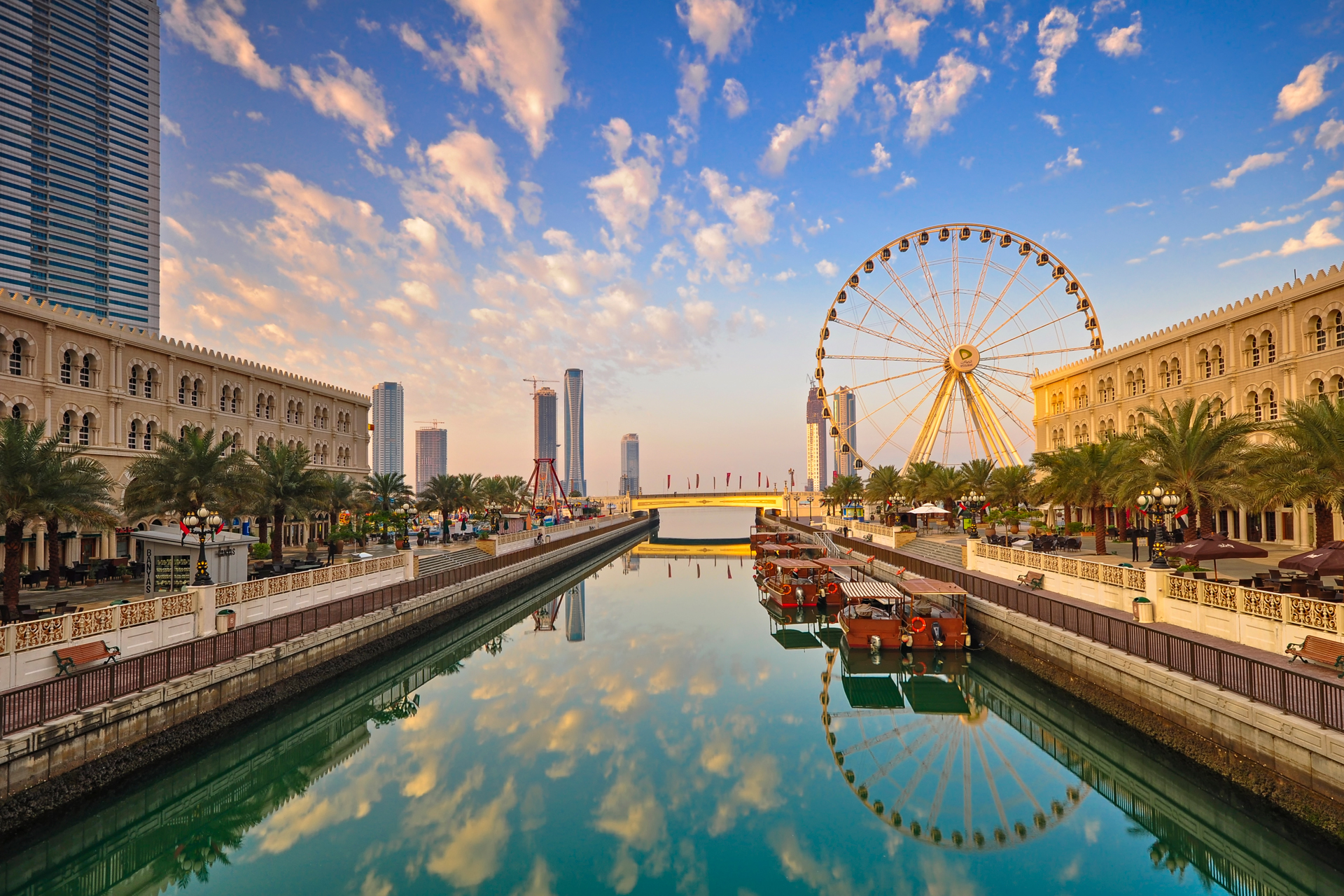
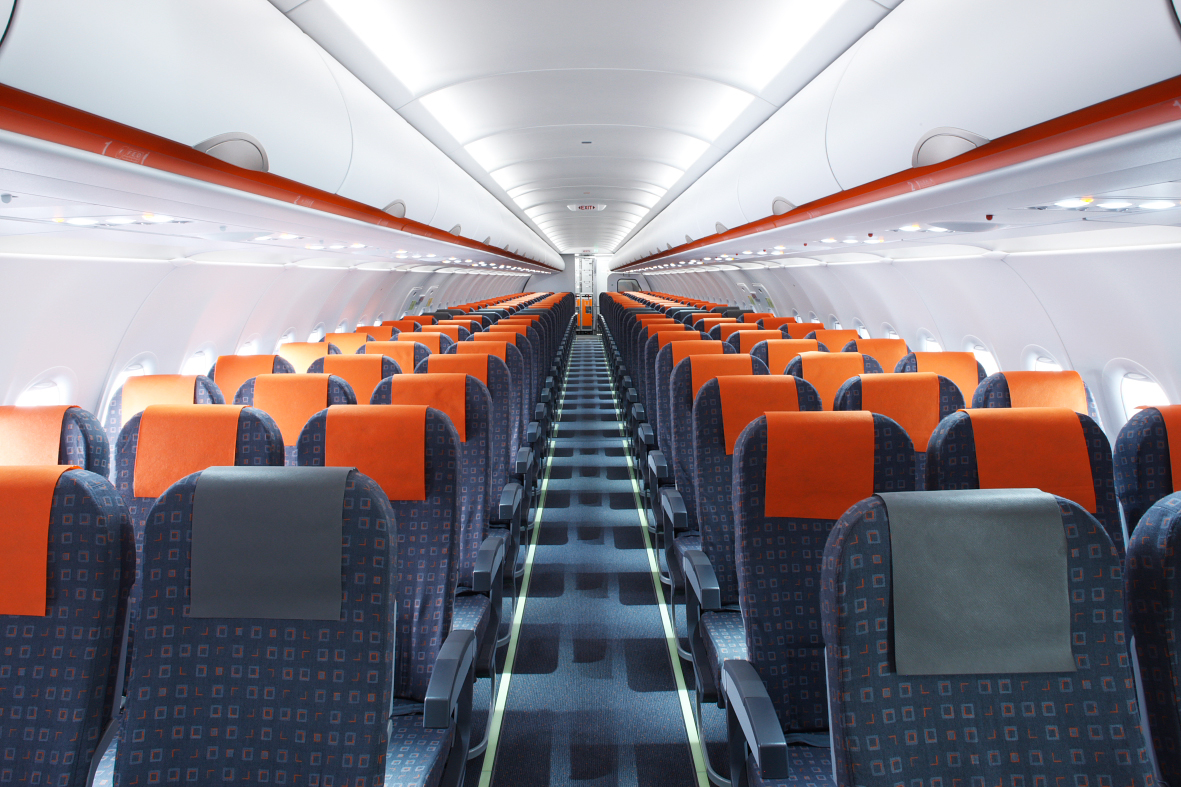

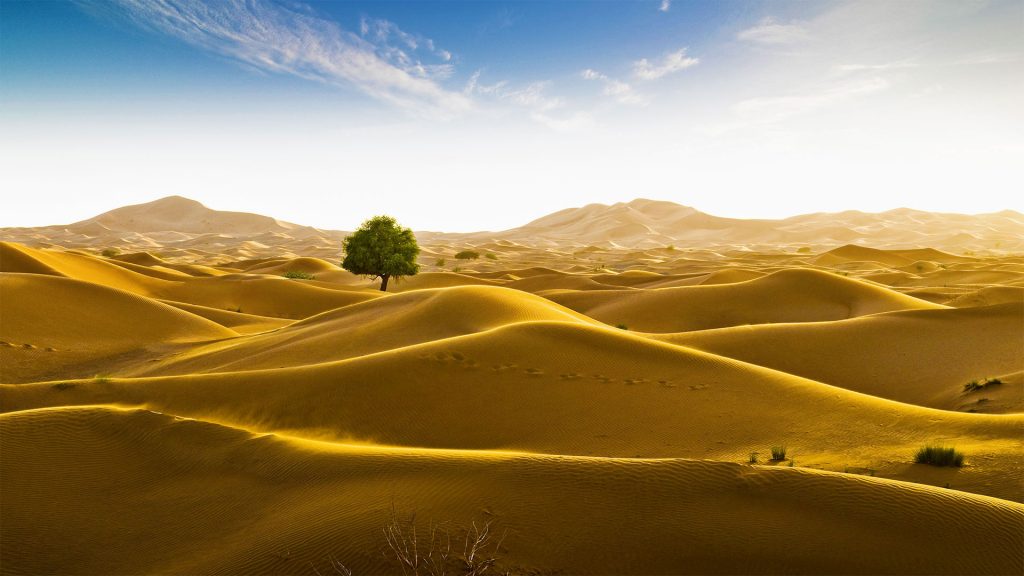










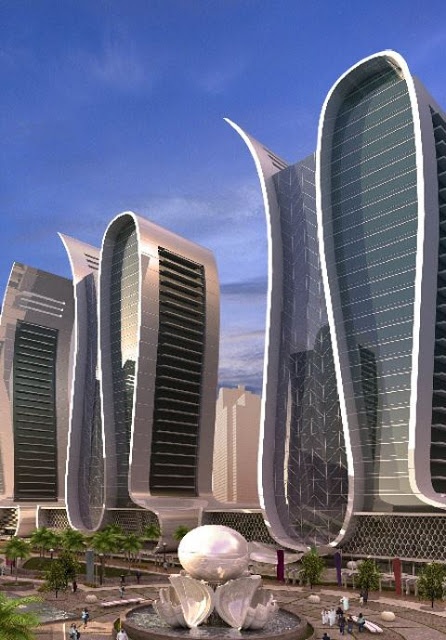

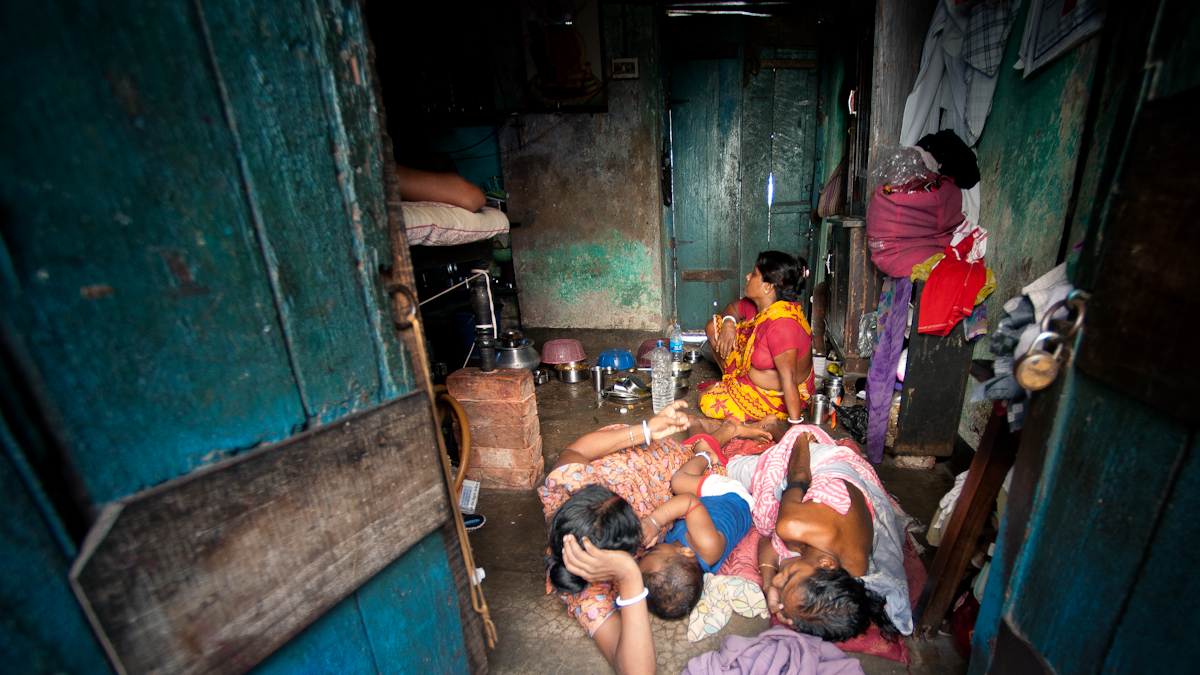

No comments:
Post a Comment
Note: Only a member of this blog may post a comment.